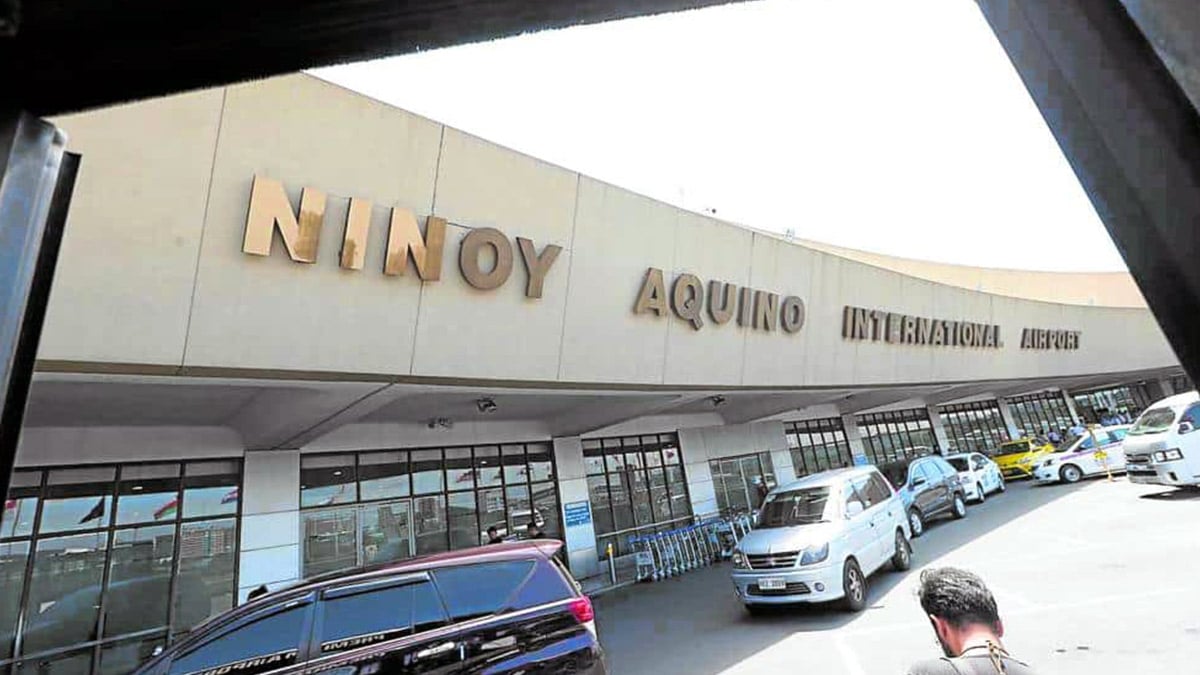
NEWHEADACHE Taps at Naia Terminal 1 went dry on Wednesday night due to a damaged pipe, days after a bug hit the bag handling system at Terminal 3. —INQUIRER FILE PHOTO
Baggage handling operations at Ninoy Aquino International Airport (Naia) Terminal 3 have returned to normal although another problem has cropped up—the lack of water supply, this time at Terminal 1.
Cebu Pacific assured its passengers in a statement on Wednesday night that checked-in bags for “new travel [were] now being processed as usual.”
It added that 90 percent of checked-in luggage that had been left behind due to technical issues that caused the bag handling system to bog down starting Oct. 18 has since been returned to owners.
“Our teams remain focused on swiftly delivering any remaining delayed luggage to affected passengers,” the low-cost carrier said.
Dry taps
It thanked the airport’s new management, New Naia Infrastructure Corp. (NNIC), which sent additional personnel and enforced alternative systems and protocols to help solve the problem.
“Looking ahead, Cebu Pacific is optimistic about NNIC’s ongoing commitment to enhancing airport infrastructure and making further improvements,” it said.
A new problem, however, has been reported at Terminal 1, where toilets, restaurants, and other facilities have been without water since Wednesday night.
On Thursday, janitors, building attendants, and utility personnel were observed filling up water containers from water tankers sent to the terminal.
The NNIC, in an initial statement, said that a section of the terminal’s main water pipe was damaged and repairs were ongoing. It added that water tankers would continue to be deployed continuously to ensure adequate water supply.
For consumer advocacy group CitizenWatch Philippines, the luggage handling debacle only proved the huge increase in airport rates, including takeoff and landing fees, was premature and unfair.
“Imposing all these fee adjustments while immediately failing customers just weeks after the takeover of the Naia by NNIC is clearly not the best way to win the confidence and support of passengers and the traveling public. Sadly, this is yet another blow to the reputation of Naia, further worsening its notoriety,” CitizenWatch co-convenor Kit Belmonte said in statement.
He added that the baggage problem justified calls made earlier by several groups about stopping the implementation of Administrative Order 1, which imposed higher landing and takeoff fees.
The NNIC had also announced that terminal fees for both domestic and “While the NNIC may argue that it can be blamed directly due to the ongoing improvements of the facility, it has to be stated that this only justifies our persistent calls to the Department of Transportation to halt AO 1 for it to again be studied and further reviewed, thereby ensuring that the impact of the improvements [is] realized first before fee adjustments are to be considered,” Belmonte said.

